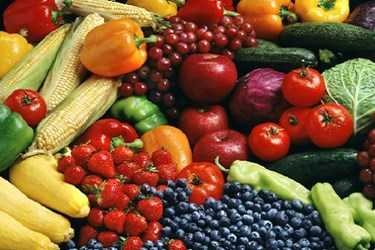Properly-Trained Employees Are Essential To Fresh Produce
By Melissa Lind, contributing writer

As technology in the food industry continues to advance, automation will play an increasing role. Despite these technological advances, knowledgeable employees are still key to producing a safe product, particularly in the fresh-cut produce sector.
No matter how much it increases efficiency, automation and hi-tech integration won’t allow your business to completely ignore training employees as food producers still need knowledgeable staffs. In addition to training needs — specific to your company’s processing lines, equipment, and facility — employees also need to be educated on issues that affect specified sectors of the industry.
Producers of fresh-cut produce should be aware of Hazard Analysis and Critical Control Points (HACCP) as a preventive approach to food safety, despite it not being mandatory for the sector. Even though it is not mandated, the FDA recommends fresh-cut producer companies train employees on HACCP topics and address safety concerns such as:
- Hygiene — Processors must establish personal hygiene practices and practices for sanitizing equipment involved in handling produce such as wearing gloves.
- Illness Control — Produce facilities must establish employee illness practices, including methods for reporting illnesses, identifying symptoms of common ailments, and containing injuries and wounds.
- Education — Employees must be trained on ways to prevent contamination and produce spoilage including:
- Proper hand-washing technique
- Functions and responsibilities of personnel within the facility with issues such as product quality control, equipment control, and process control
- Cleaning practices, including sanitization of processing equipment and tools
- Chemical storage, including waste water
For the fresh produce sector, employers can take advantage of a number of additional educational resources. Industry training programs offer USDA-accredited programs, such as the International Produce Training and United Fresh Foundation. These programs are taught by certified trainers in classroom and lab-type settings to teach employees about quality control standards, produce grading, and USDA procedures and requirements. Some courses can also be taught on-site if arranged.
Knowledge is power. Your employees certainly need to know how to operate and maintain your equipment. They also need to know about your facility’s operating and safety procedures. By providing them with education about the industry and the food they are processing, they are given a personal stake in the company. Through training and education, your company’s employees can help minimize losses and produce fresher, more attractive fruits and vegetables which keeps consumers happy and maximizes the bottom line.
